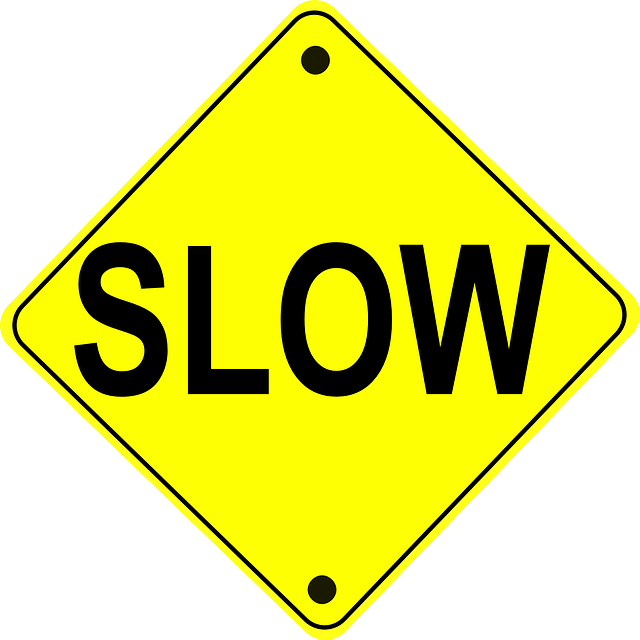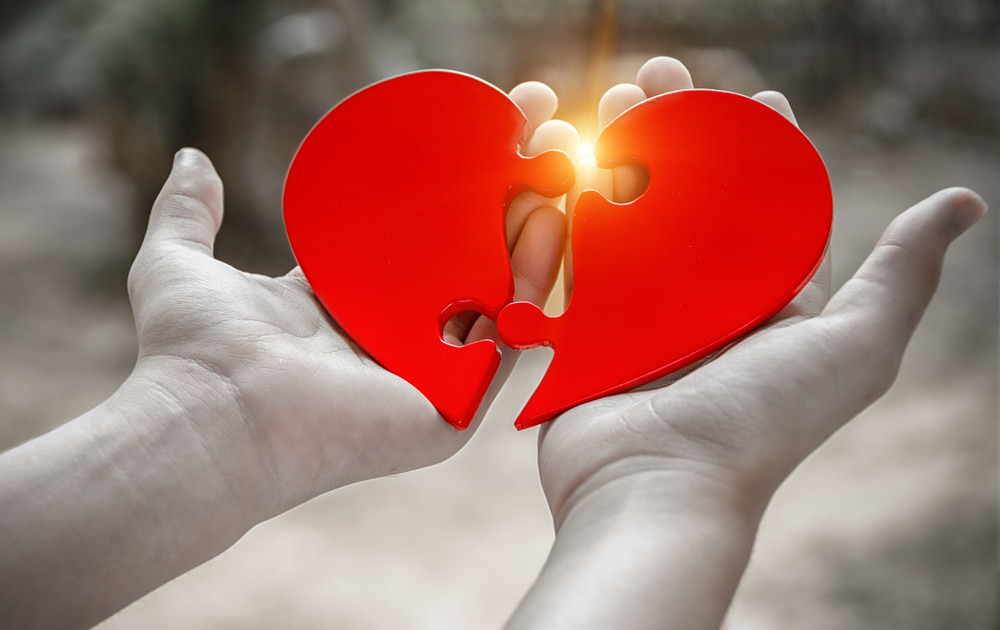Most people desire things that are out of their reach, and it’s no different with romantic relationships. People who are unattainable often spark others’ interest. They’re hard to get and many people enjoy the chase. This attraction may even verge on obsession because the chase gets more and more intensified the more the object of your affection slips away.
An unavailable person may exhibit love avoidant characteristics, they could be in a relationship, or they might not be interested in pursuing a committed relationship at all. Either way, being attracted to someone you can’t have can be deeply hurtful, especially if this is a repeating cycle. Therefore, it’s important to discover why you are attracted to unavailable people, and how to break the pattern.

Does Being Unavailable Make You More Attractive?
Do you find yourself longing for people who slip out of your grasp? Are you more intensely drawn in the more they pull away? Do you crave deep intimacy but settle for emotional unavailability in a relationship? This is more common than you may think.
While not everyone will experience this, some people consistently gravitate toward those who aren’t interested in their romantic advances. They keep pursuing the same kind of partner, despite knowing that the chances of an actual relationship are slim.
This causes us to wonder if being aloof or unavailable makes one more attractive. Some may even take advantage of this by making themselves appear unavailable in a game of hot and cold.

Why Are Unattainable People Attractive?
Some people find themselves constantly falling for people who are either not interested, in another relationship, or non-committal. Here are a few reasons why it may happen:
- The challenge: Most of us want what we can’t have, so the fact that something’s elusive often makes it irresistible. The desire to prove that you can win someone over may put you in an unhealthy loop. You scramble to make them notice you, you receive some attention that gives you a temporary high, and then you repeat the cycle. The real goal here isn’t to win the partner, it’s to prove that you CAN win.
- A drive to be chosen: Being attracted to someone who is unavailable because they are already in a relationship can be fueled by a compulsive drive to be preferred, prioritized and chosen. A person can even build their self-worth on whether or not the object of their affection leaves another partner for them. This can become an emotionally unhealthy and uncontrollable way to build self-worth.
- The mystique: People are captivated by the unknown, including in romantic relationships. Since the person doesn’t fully give in, there’s a part of them that remains out of your reach. You may be initially attracted by the rush of the unknown. This can have a powerful effect on you, keeping you enthralled and wanting to know more.
- Deep-seated insecurity: In a way, it’s safe to have a crush on someone you can’t have. You might self-sabotage your love life by choosing to fall for unavailable people. This saves you the shame and humiliation of rejection because you already know that the relationship can’t develop.
- The potential to idealize: Since the person maintains a distance and you can’t get to know them well enough, you’re free to fill in the blanks any way you want. People generally tend to see their crushes through rose-colored glasses and if the person is unavailable, then you don’t get to know them enough to stain the idealized version with real human flaws.
- The excitement of the chase: When someone keeps you at arm’s length, whether consciously or not, this may push you to compete for their affection. Some people see this as a type of dare, where they need to persist against obstacles, which amps up the excitement. If you’e won the commitment you think you want, you may find yourself bored now that the challenge of the pursuit has ended.

How Do You Know A Person Is Emotionally Unavailable?
Someone who isn’t emotionally available will usually act a certain way, including:
- Being standoffish at times
- Giving lukewarm responses to your attempts at getting closer
- Not wanting to open up and talk about their feelings
- Being unwilling to share anything too personal
- Being uncomfortable or now knowing how to respond to your vulnerability
- They respond to a deepening relationship by wanting more alone time
- They seem annoyed or disgusted (rather than shy or reserved) with feelings talk
- They give intermittent reinforcement (emotionally connect at times and withhold at other times)
- They have a relational history of not committing fully
- The emotional connection they want does not match how physically close they want to be.
These people are generally uncomfortable with their own emotions an reluctant to share their feelings with others. Someone may act this way consistently, across all of the relationships that they have. On the other hand, people are sometimes simply not interested in pursuing a deeper connection, so they could be behaving like this because they don’t find you compatible.

Why Do I Gravitate Toward Emotionally Unavailable Partners?
If being drawn toward emotional unavailability is an old habit for you, the origin could be rooted in early age. Sometimes, your emotionally unavailable past relationships include those deep in your history, such as those with parents or caregivers. If your emotional needs weren’t met well, you may have not developed the skills to curate emotional intimacy with available, consistent partners.
Even when this pattern this makes you feel anxious or leaves you struggling with low self worth, you may find yourself drawn to the degree of emotional availability that is most familiar to you. This is true EVEN when this causes emotional pain, and even when doing so has left you badly hurt in the past.
If your parents were sometimes there for you emotionally, and at other times they weren’t, this is called intermittent reinforcement. It means that emotionally, your needs were met inconsistently. This can leave someone emotionally confused about how to seek secure partners.
If you’ve asked yourself “why am i attracted to unavailable woman?”, “are emotionally unavailable men all that’s out there?” or “do I even deserve love?”, then the pattern may be old.
You might be afraid to fully trust out of fear that you’ll be rejected or abandoned. The struggle between protecting yourself from this fear and longing for emotionally present romantic partners may leave you utterly lonely if you don’t recognize the attachment issue.

Why Do Emotionally Unavailable People Feel Safe To Me?
We think of being attracted to emotionally unavailable partners as being inherently negative, but it could be a psychologically protective strategy. The flip side of this, though, is that these relationships perpetuate feelings of disconnection and lonely emotions.
If the painful emotions of relational trauma took root at a very early age, then choosing an emotionally unavailable partner may be a way that you try to wall yourself off from the potentially painful feelings of a real relationship.
The risk of pain lowers if your true self is never accepted, and therefore never rejected, abandoned or hurt. An emotionally unavailable person may feel “safe” in this way, even though the relationship dynamics leave you unsatisfied.
It takes time to learn how to choose partners differently and slowly grow trusting relationships. If we don’t, however, we’re prone to repetition compulsion, and may find ourselves wondering why each successive emotionally unavailable person fails to solve our low self esteem, and why we continue on loving someone unavailable.

Are They Emotionally Unavailable Or Slow To Connect?
Sometimes we can mistake slow and cautious connection for emotional unavailability. But how can we tell the difference?
If someone is slower than you to self-disclose personal details, that is not necessarily a red flag. Somebody may have different pacing than you do, or build intimacy more gradually. Slowing the roll doesn’t always mean that they have a fear of commitment.
A red flag may look like a person who refuses to self-disclose personal information, or who says that they don’t plan on self-disclosing, period. In this kind of red flag example, an emotionally available person may say something like “in time, I’d like to share that with you.” Emotionally unavailable people may say something like “I don’t want to talk about that. I’m not looking for anything heavy.” Do either of those sound familiar?
A partner may also struggle to be vulnerable for reasons that are personal to them. Being vulnerable is a process that looks different for everyone. Being afraid to connect emotionally, and moving slowly, may not mean that they are emotionally unavailable.
If you find that you tend to over-disclose a lot of personal detail, expect a partner to be emotionally connected quickly, or despair at the first sign of slower pacing, then you may need to look at how your craving for attention may be better served by a healthy dose of self love.
If your own fear has caused you see a partner’s autonomy as a red flag, then perhaps you aren’t attracted to emotionally unavailable partners. Maybe your expectations have gotten in the way of living fully in an emotionally developing relationship.
Clear communication about yourselves and relationship goals is key.

How Do I Stop Being Attracted To Emotional Unavailability?
Since it doesn’t typically lead to a fulfilling relationship, being attracted to emotional unavailability can be a part of an unhealthy pattern. Here is what you can do to overcome it:
- Get to the root cause of the problem: Recognize the main driving force behind your attraction to unattainable people. For example, you may realize that you prefer infatuation to an actual relationship or that your childhood wounds prevent you from giving a chance to a more available person.
- Reassess your notions about romance: Once you’ve identified why you’re choosing partners the way that you do, you can work on changing your perception of romance. For example, you could evaluate the list of things you look for in a partner and decide to give different kinds of people a chance.
- Try things you wouldn’t have tried before: Expose yourself to new experiences and people. Learn how to get out of the comfort zone of the familiar in other areas of your life to create more flexible thinking.
- Discern intuition from pattern: If you feel drawn to someone, ask yourself if it’s because they are truly a good fit for you, or if you’re repeating a familiar cycle. This self awareness can be an important step toward change. Think about whether they could be a dependable partner instead of going after what you impulsively want in the moment.
- Allow yourself to feel loved: Running after an unavailable person may leave you drained emotionally. Also, many people who are attracted to unavailability equate romance with withheld affection. To overcome this, you need to rewire yourself to look for reliability, support, care, and partnership.

Who Can Help Me Stop Choosing Emotionally Unavailable People?
Being drawn to emotionally unavailable people can stop you from being able to enjoy a relationship completely. When it comes to choosing partners, you may subconsciously feel safer with unavailable ones, but your emotional needs pay the price. We can help.
At PIVOT, we work to help our clients understand the cycles they’ve been stuck in so that they can learn to choose, cultivate and enjoy relationships that are emotionally rewarding. Being drawn to emotionally unavailable people doesn’t have to be a life-sentence. Change is possible.
We can also shed light on many other issues, like how to recover from a breakup and get a fresh start, how to know whether you’re ready to commit and tie the knot, or how to have a better relationship with your partner’s friends.Take part in one of our coaching sessions for individuals to work on your specific issues or make reservations for our couples retreat to grow with your partner. Let us know what type of personal growth you’re interested in and let’s get started!













